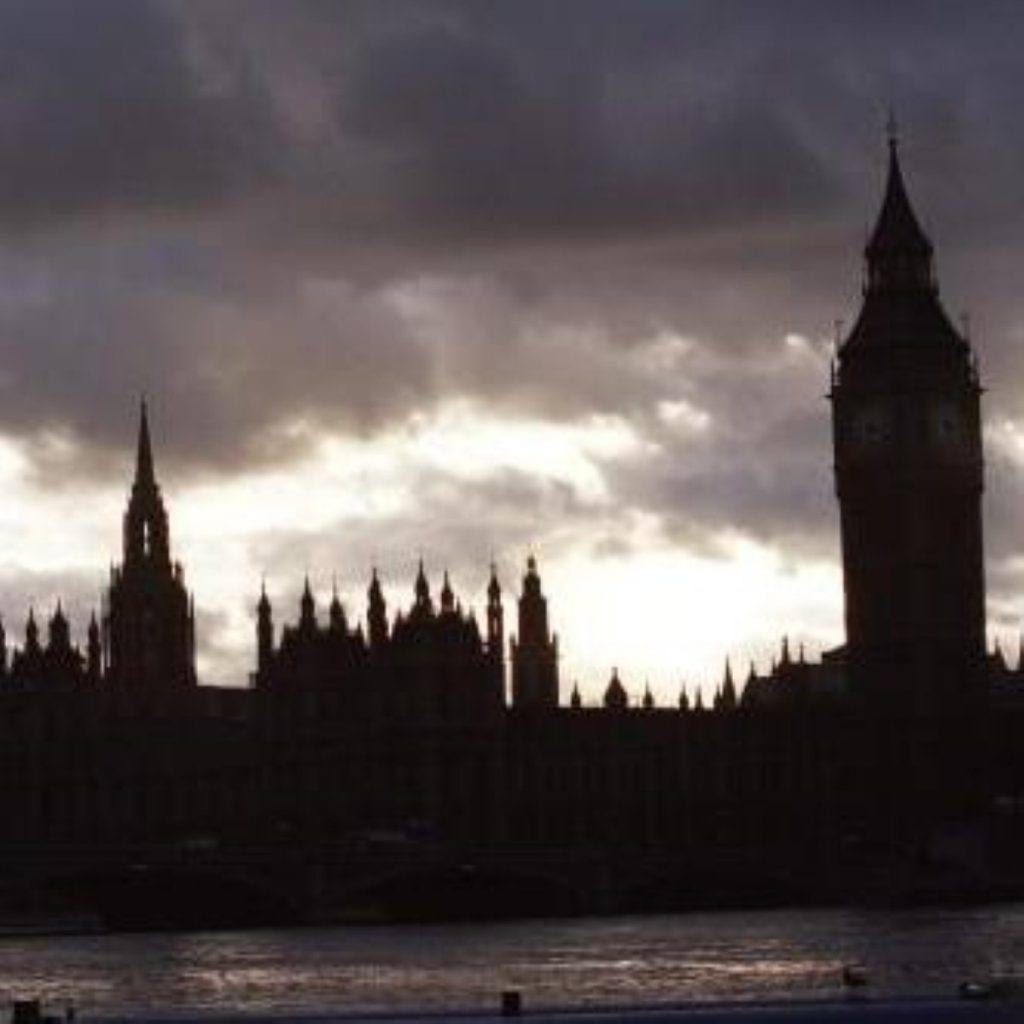Government gets terror bill through Commons
MPs have backed the government’s proposals to extend pre-charge detention for terror suspects to 42 days.
The crucial amendments were passed by 315 votes to 306, following a strenuous whipping operation by the government as MPs debated the counterterrorism bill this afternoon.
It appears the votes of the Democratic Unionist party (DUP) were responsible for the victory, however, as all nine of its MPs backed the legislation. Had they voted the other way the government would have lost the vote.
Reflecting tensions within the chamber on the issue, Conservative MP for Thanet Roger Gale was rebuked by speaker Michael Martin for barracking DUP MPs for their decision.


The result will come as a huge relief to prime minister Gordon Brown, who has spent the afternoon meeting with wavering Labour backbenchers. Analysts had predicted his leadership could come under further threat had the result gone against him.
But roughly 40 Labour MPs rebelled against the government and the prime minister now faces criticism that he relied on Irish votes to ensure victory.
Shadow home secretary David Davis, responding to the result, said his party had won the government but the government had “bought the votes”.
“Ministers utterly failed to provide the evidence in favour of 42 days in the Commons, and the measure is likely to be rejected in the House of Lords,” he said.
“Amidst widespread reports of vote-buying, the government did not have the Labour support to win – leaving its parliamentary authority in tatters.”
Liberal Democrat leader Nick Clegg said only “begging and political bribery” had earned him his “hollow victory”.
“After spending billions trying to rescue his leadership over the 10p tax row this might have been a cheap victory for him, however the cost to the British public has been the further erosion of our civil liberties,” he said.
“All of this has been for a measure that no one thinks is necessary, no one thinks will work in practice and everyone knows will never reach the statute book.”
Earlier, home secretary Jacqui Smith had argued the extensive safeguards laid out by recent government concessions were enough to prevent the measure threatening civil liberties in Britain.
Opponents to the bill had voiced their disagreement on this point, however, warning measures ensuring parliamentary oversight could prejudice future trials or interfere with the judicial process.

